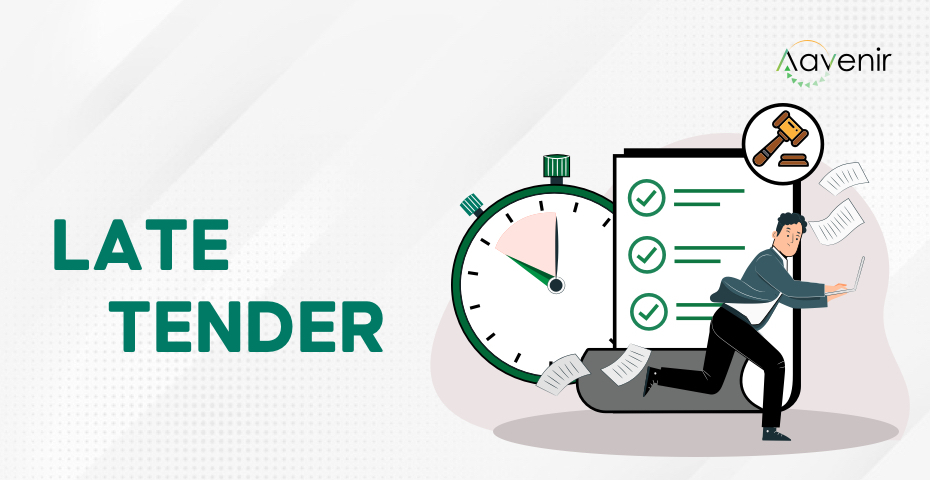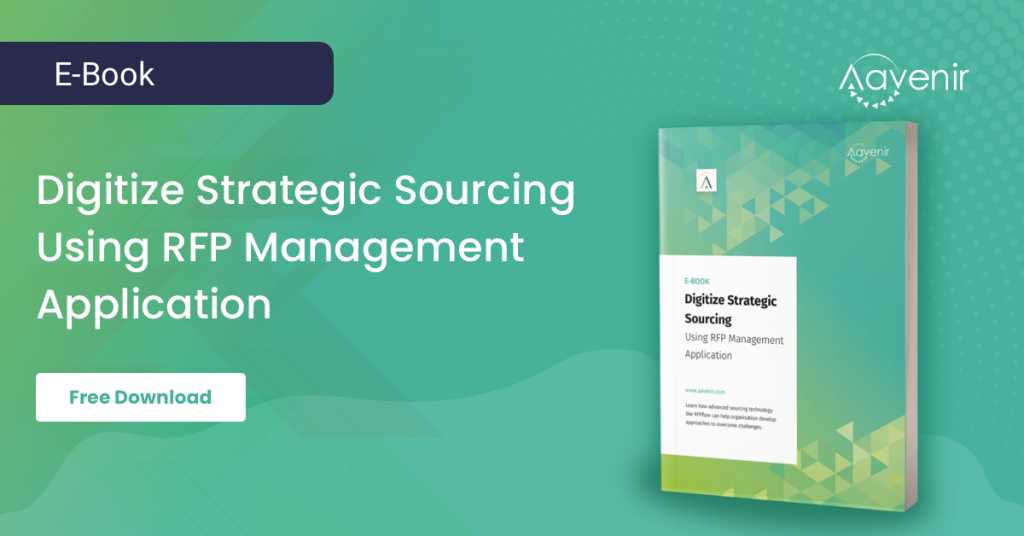What is Late Tender?
Late Tender describes a tender received after the closing date and time for tenders. It also includes a tender only partly accepted by the closing date and time.

Understanding Late Tender
Tenders received after specified time & date of submission but before specified time & date of opening of part-I of the tender will be treated as late tender. Any tendering holder may withdraw from a Late Tender at any time after the expiration of 90 days from the day immediately following the last Day of the Opt-In Period applicable to such Late Tender, but not later than one hour (as such time may be extended by the Company) after the Company notifies such Tendering Holder of the Price.
- Late Tender: No tender shall be accepted/opened in any case after the due date & time of receipt of tender irrespective of delay due to postal services or any other reasons.
- Late Tender: Any Tender received after the unauthorized person holding Power of Attorney for signing the Documents.
3 Causes of Late Tender in the Public Procurement Process and How to Avoid Them
The public procurement process is often delayed for different reasons. Such delays may damage the Procuring Entity’s reputation and are a waste of scarce public resources; additionally, contracts are not awarded on time and this results in poor delivery of public goods and services.
The following are 3 common causes of delay in the public procurement process and what you can do to avoid them:
Delay in Preparing Technical Specifications, Scope of Work, or Terms of Reference
Specialized determinations, the extent of work, and terms of reference are records that portray what is required and ought to be adequately clear to try not to befuddle providers, workers for hire, specialist organizations, or the assessment board.
They are likewise expected to set up the sales (offering/delicate) records. Furthermore, in case they are not finished early, the procurement cycle is deferred before it even beginnings.
The justification behind the deferral is typical because of an absence of ability in setting up these reports, or not understanding the degree of the data and examination that might be expected to finish them.
Here and their unique ability is expected to set up the specialized determinations, the extent of work, and terms of reference. In case this isn’t thought about, an immense postponement is an outcome due to the timeframe it might take to discover or recruit such an individual.
To conquer this current, it’s significant not to disregard the requirement for uncommon specialized skills to help with the advancement of specialized details, extent of work, and terms of reference. Getting such skill, if not promptly accessible, may include recruiting an individual or group. This in itself might bring about a procurement cycle that additionally should be thought about to guarantee to employ the required skill and getting the archives ready to begin the acquirement interaction on schedule.
Failure to Start the Procurement Process on Time
This is an extremely normal postponement. You have a supported procurement plan and you have fostered an acquisition plan, however, it has been ignored or not thought about, so the procurement cycle starts later than planned.
To determine this present, stay educated regarding the cutoff times on the acquirement tender plan, particularly the beginning date of the acquisition interaction. You can utilize an electronic schedule, for example, Google or MS Standpoint schedules, to set tokens of significant dates on the acquirement plan.
Delay in Opening Bids or Proposals Received
Offers have a set cutoff time for accommodation. In case they are submitted late they ought to be dismissed, except if the acquisition rules or the requesting reports state in any case.
The launch of offers is generally a public occasion that should occur following the accommodation date and time. Bidders regularly hand in their offers or recommendations on the date of accommodation and stand by to go to the opening.
Except if the deferral is brought about by a cataclysmic or another occasion that isn’t inside the control of the getting substance, it ought to be kept away from no matter what in light of the fact that the respectability of the procurement cycle and the obtaining element are imperative to procuring imminent bidders’ trust.
Explore Additional Resources to Know More


